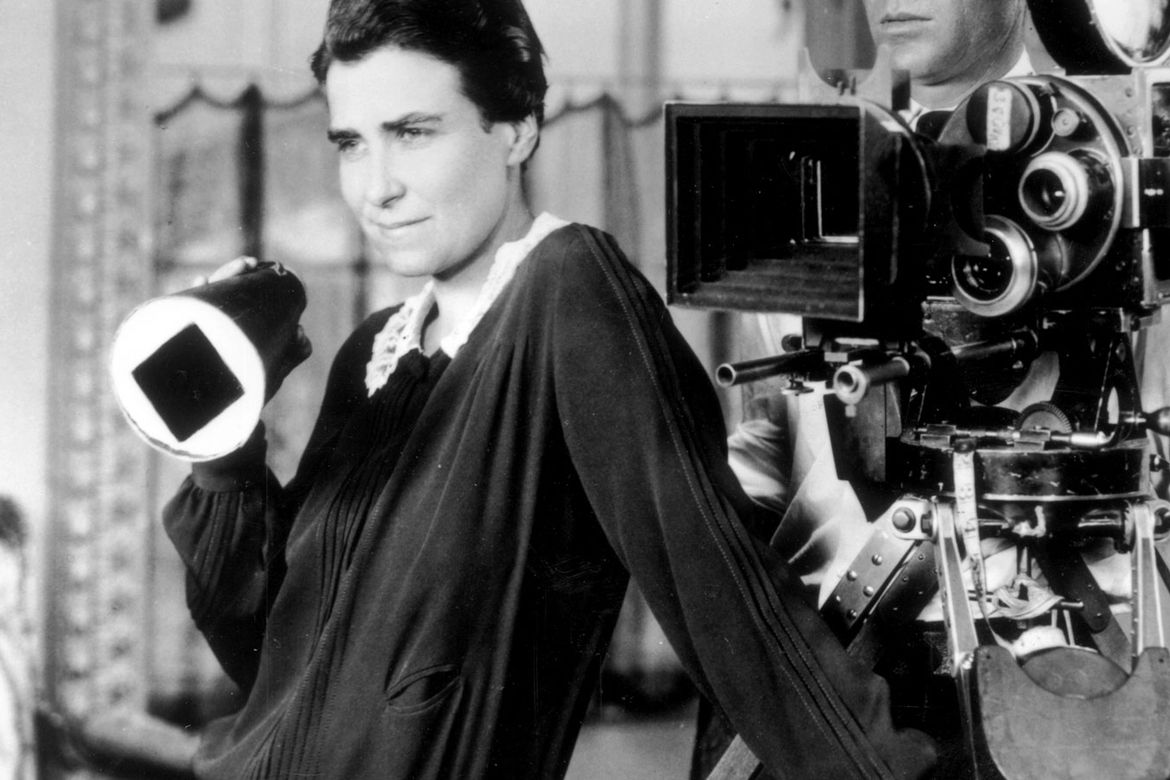With this week being lesbian visibility week, we look to celebrate Dorothy Arzner as a lesbian in the film industry.
Being queer is difficult for many, and often misunderstood in the media. Lesbian Visibility Week aims to show solidarity with every woman in the LGBTQ+ community as well as celebrating lesbians.
Dorothy Arzner, one of the greatest pioneers in Hollywood, was an open lesbian who never hid her unique personality or her forty-year relationship with choreographer Marion Morgan.
Throughout history, female directors have been hidden in the shadows of their male peers. During the silent era, Arzner was an active part of the film industry as she edited 52 movies and directed 20 films.
As she was well respected by studios and a trailblazer, Paramount entrusted her with the studio’s first sound film, The Wild Party in 1929. Despite her credibility with studios, she was subjected to systemic sexism and homophobia as it increased in Hollywood due to the Hays Code – laws that banned certain things on screen, from kissing to childbirth.
Her films prior to this covered female sexuality and the repressiveness of marriage, including Get Your Man (1927) and Fashions for Women (1927). Her films represented the roaring twenties and the freedom that women were craving.

During The Wild Party, Arzner famously invented the “Boom Mike” during shooting to deal with awkwardness of fixed mikes. Her first sound film was both a critical and commercial success starring “It girl”, Clara Bow.
Whilst she had an extensive career, she never received a nomination for an Academy Award. The lack of recognition never bothered Arzner as her legacy endured.
“Try as a man may, he will never be able to get the woman’s viewpoint in telling certain stories,” she wrote in 1931 for a Paramount Pictures biography.
During her career in Hollywood, she launched the careers of many different actresses, with the most notable being Katharine Hepburn, Rosalind Russell, and Lucille Ball.
After making First Comes Courage (1943), Arzner retired from Hollywood. It’s unknown why she retired but many suspected it was due to either her decline in critical reception or the implementation of the Hays Code.
Once she retired, she became associated with a well-known theatre company, Pasadena Playhouse, founding filmmaking classes and hence beginning her career as a teacher.
At the start of the 1960s, she was teaching at the UCLA School and mentored Francis Ford Coppola and became a reference for him in the future.
By the late 1970s, just before Arzner’s death, many rising female filmmakers and feminist film historians discovered her work, leading to a resurgence to the great filmmaker.
Finally, she was honoured with a star of the Hollywood Walk of Fame. However, she still is forgotten, even today by many as a pioneer in the film industry.
Arzner was motivated by creativity, rather than fame or money. She’s an inspiration to women around the world and was never ashamed of who she was. A true lesbian icon who never let her gender or sexuality define her career.
By Charlie Vogelsang
Feature image: Newsroom UCLA

